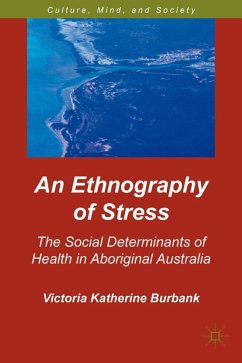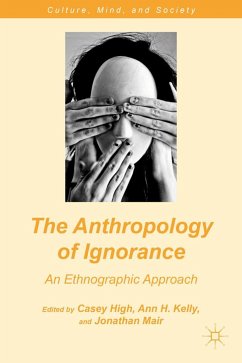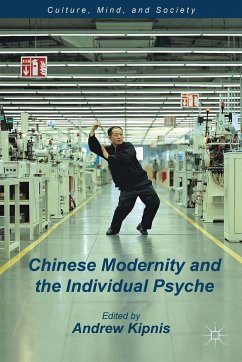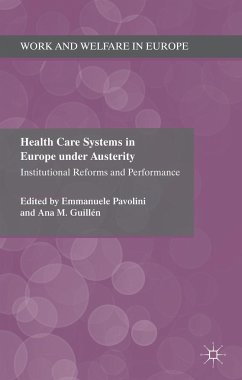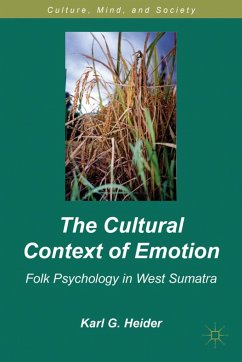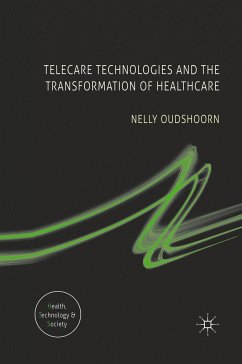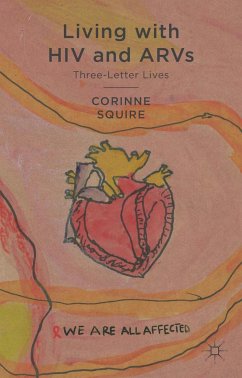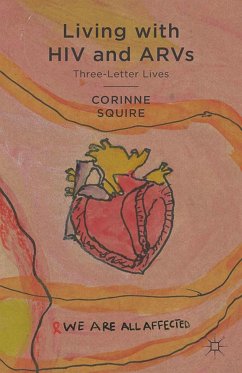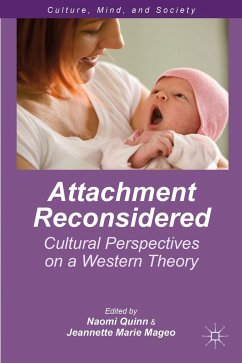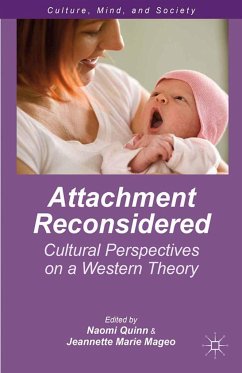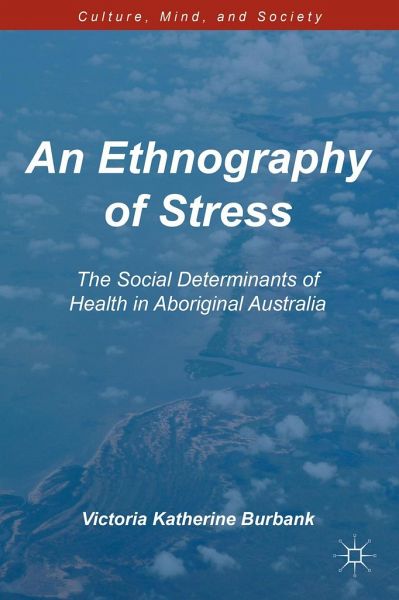
An Ethnography of Stress
The Social Determinants of Health in Aboriginal Australia
Versandkostenfrei!
Versandfertig in 6-10 Tagen
76,99 €
inkl. MwSt.
Weitere Ausgaben:

PAYBACK Punkte
38 °P sammeln!
Health inequality is a global issue. This book examines the problem through an in-depth look at a remote Australian Aboriginal community characterized by a degree of premature morbidity and mortality similar to that in other disadvantaged populations. Its synthesis of cognitive anthropology with frameworks drawn from epidemiology, evolutionary theory, and social, psychological and biological sciences illuminates the actions, emotions, and stresses of daily life. While this analysis implicates structures and processes of inequality in the genesis of ill health, its focus remains on the people w...
Health inequality is a global issue. This book examines the problem through an in-depth look at a remote Australian Aboriginal community characterized by a degree of premature morbidity and mortality similar to that in other disadvantaged populations. Its synthesis of cognitive anthropology with frameworks drawn from epidemiology, evolutionary theory, and social, psychological and biological sciences illuminates the actions, emotions, and stresses of daily life. While this analysis implicates structures and processes of inequality in the genesis of ill health, its focus remains on the people who suffer, grieve, and live with the dilemmas of an intercultural life.





